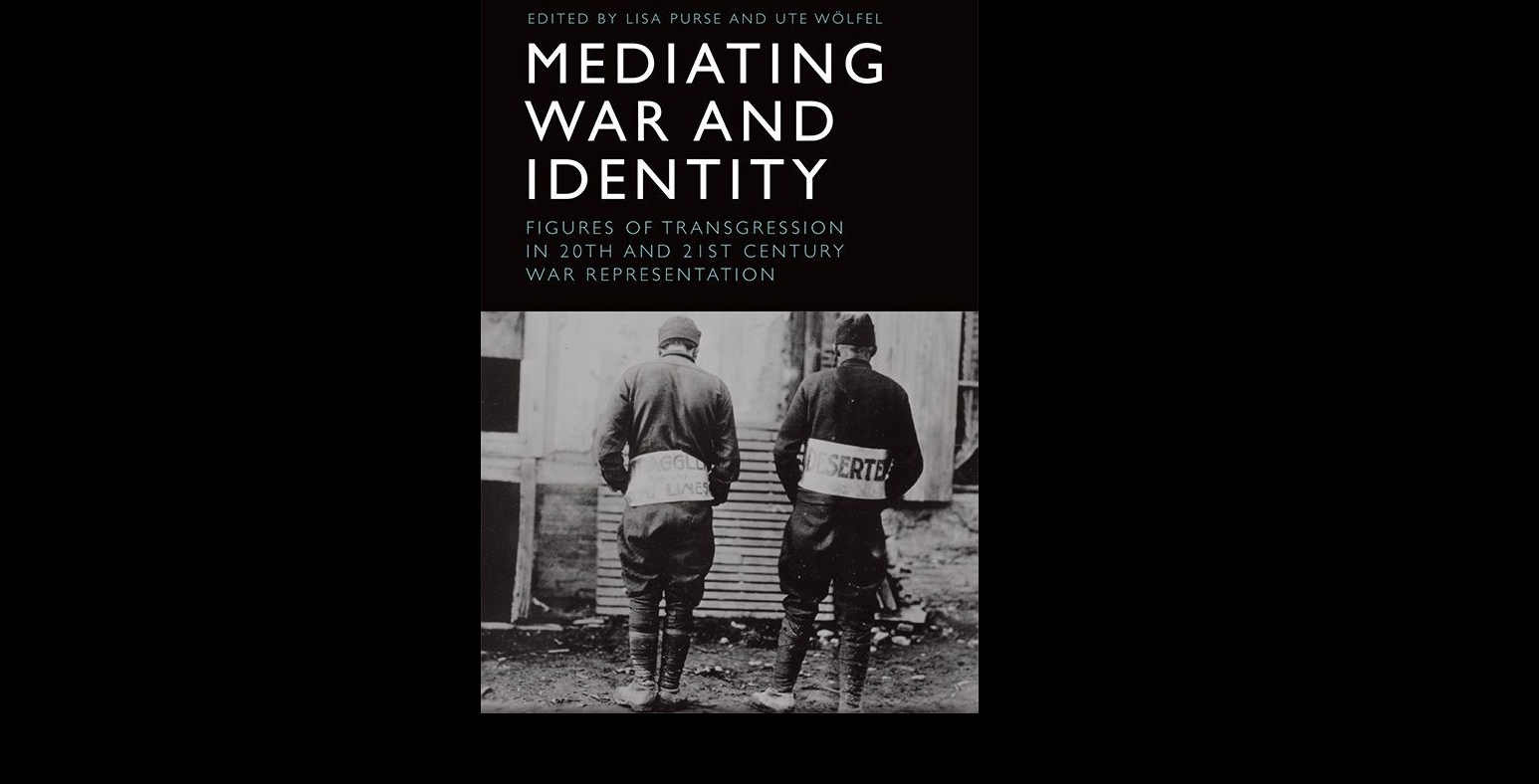
New publication on the figure of the deserter in American film an culture
A new publication by Thomas Ærvold Bjerre examines how the deserting soldier is depicted, especially in relation to the transgression of essential norms of masculinity and nationality. His article, “Military Masculinity and the Deserting Soldier in Stop-Loss,” looks at the deserter trope in American culture and with a specific focus on the 2008 Iraq War film Stop-Loss.
It focuses on the notion of cowardice as transgression, especially as it relates to notions of heroic performance. Notions of masculinity play an inherent role in the entire rhetoric surrounding deserters.
While it is common to equate desertion with labels such as cowardice and treason, there is an element of boldness, perhaps bravery, inherent in the act.
The article lays out the deserter narrative in American war literature from Stephen Crane’s Civil War novel The Red Badge of Courage (1895) to season 2 of the Serial podcast. It then analyzes Stop-Loss in this context. The U.S. war film genre, which Stop-Loss inscribes itself into, is itself regulated by certain conventions regarding masculinity, heroism and national identity, conventions that the film both challenges and, to a certain extent, sustains.
The article is part of the anthology Mediating War and Identity, ed. Lisa Purse and Ute Wölfel, Edinburgh University Press, 2019.
Check it out here:
https://edinburghuniversitypress.com/book-mediating-war-and-identity.html